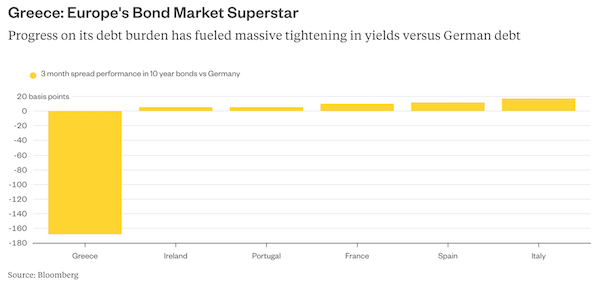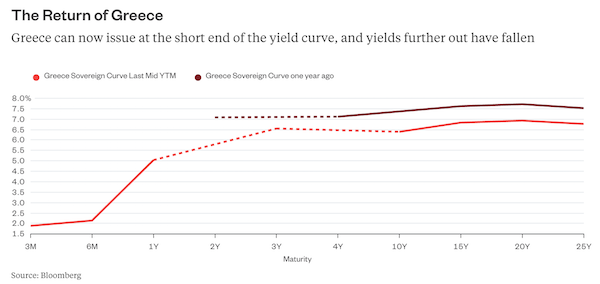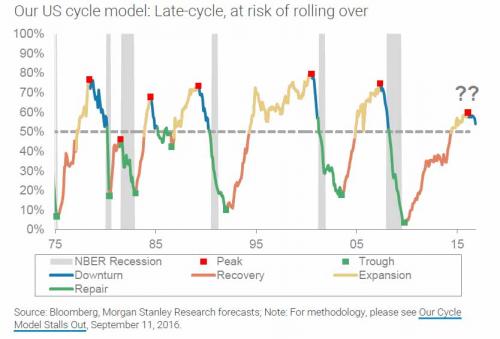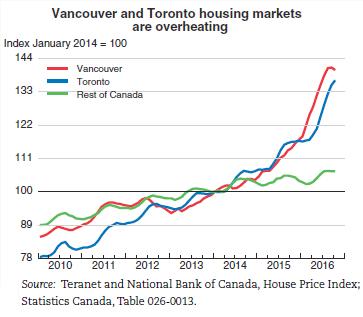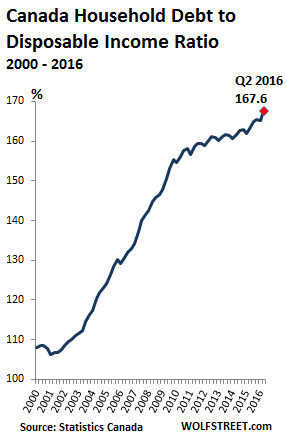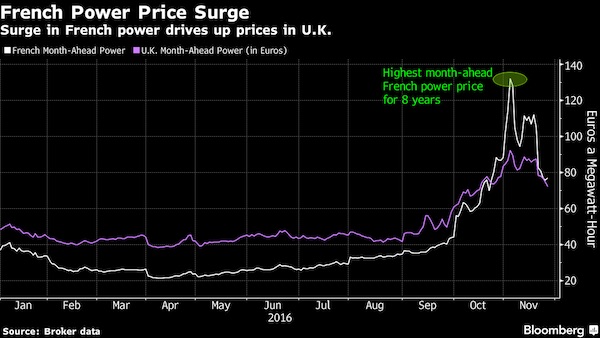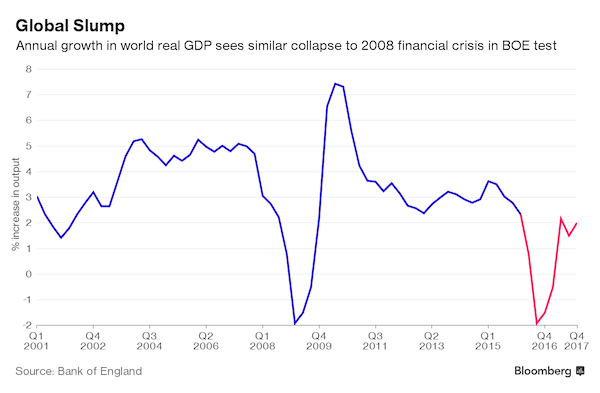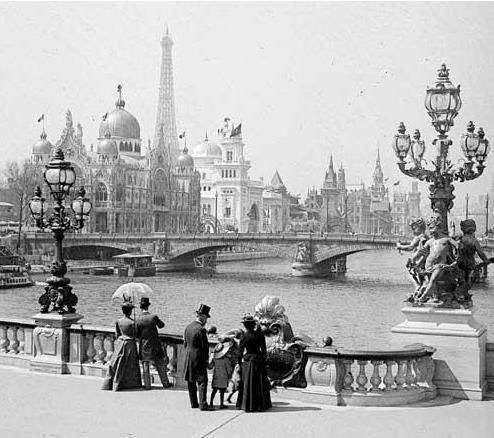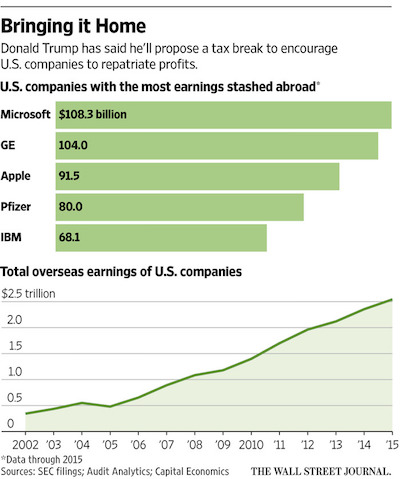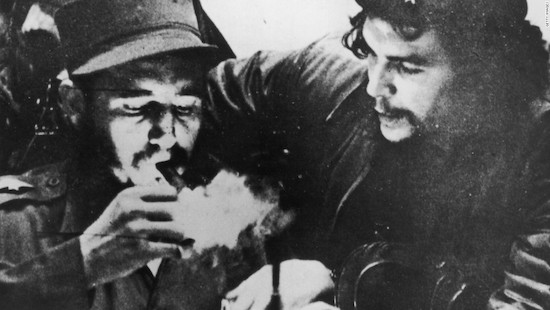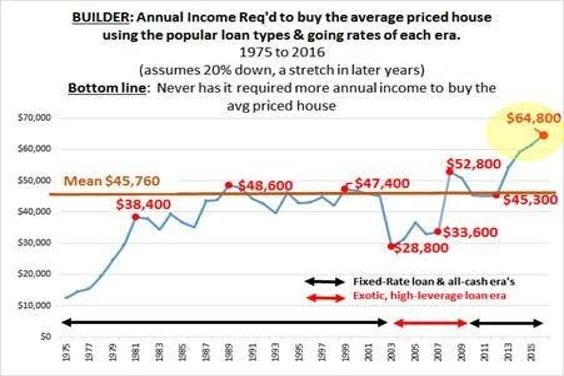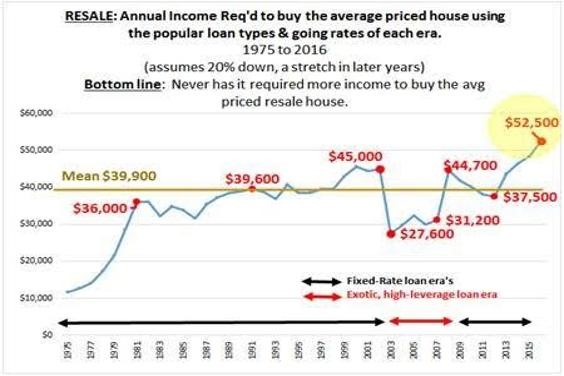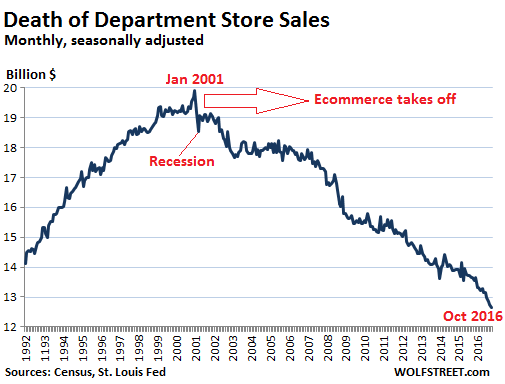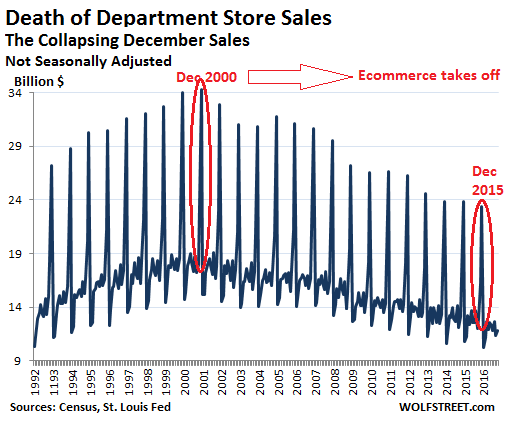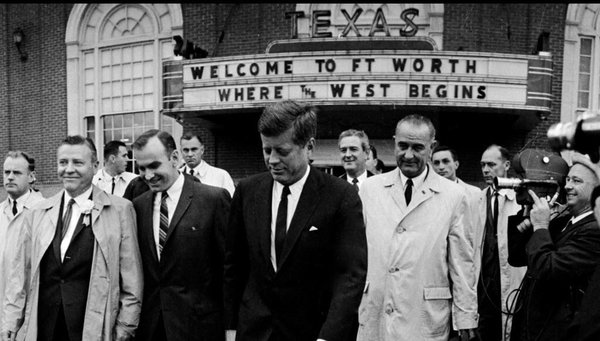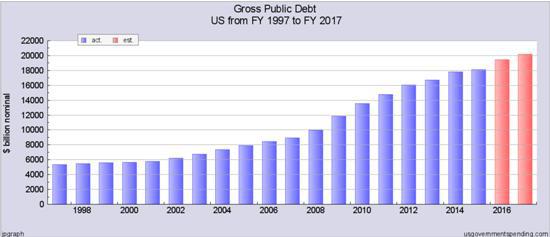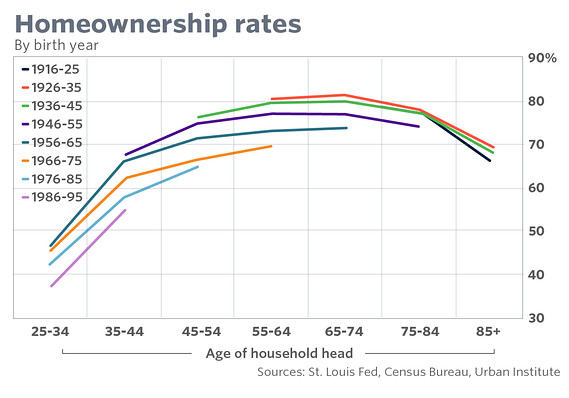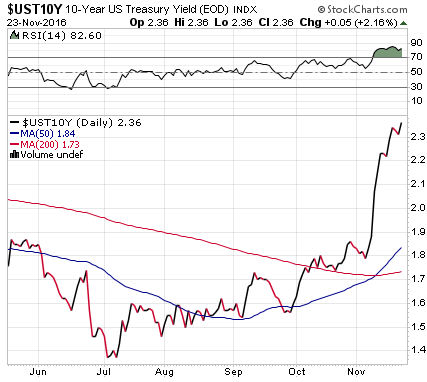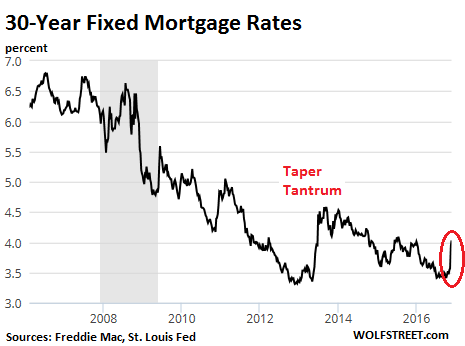
Gustave Dore Dante and Virgil among the late penitents 1868



Levin

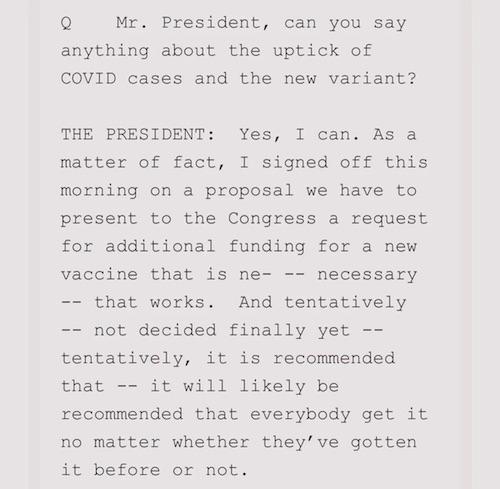





Vivek
Should we trust Vivek?
Lots of coincidences here… pic.twitter.com/xVJqM3KisD
— Matt Kim (@MattAttack009_) August 25, 2023


Abraham Lincoln looking out over the March on Washington – 60 years ago this weekend.


Good speech. Makes Tucker 2028 feel closer.
BTW: why did the US make a gay human rights lawyer ambassador to Hungary? To provoke perhaps?
• Tucker Carlson: The People Who Run America Are “Dangerous And Insane” (Sp.)
Tucker Carlson did not mince words as he ripped into US Ambassador to Hungary David Pressman during an event in Budapest, calling the diplomat a “creep” that needs to be fired for actions “so far from the norms of diplomacy.” The former Fox News host said he felt compelled to apologize for how Washington was “harassing” the country led by the government of Prime Minister Viktor Orban. “The world is realigning at high speed, and turning against the United States. But the Biden Administration is spending its time harassing one of our last sincere allies in Europe, Hungary, for the crime of being too Christian,” said Carlson at the Mathias Corvinus Collegium (MCC) Feszt After event at Millenáris Park in Budapest. Hungary has been tightening laws targeting LGBT propaganda under Viktor Orban, who has been in power since 2010.
At present, same-sex couples are legally barred from adopting children, and gender change is also prohibited by law. David Pressman, America’s ambassador to Hungary, is a gay human rights lawyer who took up the position in September 2022. The California-born former aide to then-US Secretary of State Madeleine Albright has frequently mounted open criticism of the Hungarian government, under Prime Minister Viktor Orban. Earlier this year Foreign Minister Peter Szijjarto lashed out at Pressman, saying that he had no business interfering in Hungary’s domestic affairs. During his speech in Budapest, Tucker Carlson made the emphatic argument that Pressman, a “political activist and Biden-donor,” was working on behalf of “special interests”, rather than the American people,” and not focusing on building stronger relations with Budapest.
“For a creep like David Pressman . . . to show up in your country and lecture you about your culture – and threaten you because you do things differently from the way they do things where he lives – hurts the United States and is a grave embarrassment to me as an American and an outrage to me as someone who pays his salary… It’s disgusting,” said Carlson. The entire premise behind “diplomacy” is that countries are different, said Carlson, himself the son of a diplomat. Accordingly, an envoy should not “hector other nations,” or “show up in somebody else’s country and scream at them because they’re different from you.” The political pundit added, in referense to David Pressman, that he was “embarrassed that I share a country of birth with a man, with a villain like this. It’s horrifying.”
According to Carlson, every time he visited Hungary, it reminded him of America back in 1980s, or as he remembered it from his early youth. However, critics in the West were trying to paint Hungary as a “rogue” state for adhering to its own strong Christian values and refusing to allow foreign envoys to tell telling Hungarians how to live. As Carlson accused Washington of demanding that Hungarians “worship transvestites,” and denounced this as as a case of a “foreign power pushing its weird boutique religion on you, and it’s wrong,” he presumed to give Hungarians some advice: “Just wait it out. The United States is in a place now where this is not sustainable. You can’t run a global empire on the imposition of boutique sexual politics on countries that don’t want them.”
Weighing in on the current policy of the United States, Tucker Carlson claimed that the people who run his country are “dangerous and Insane”. “They hate Hungary, and they hate it not because of what it’s done but because of what it is. It’s a Christian country, and they hate that. That is enough to incite our policymakers in the United States. That’s exactly why they hate Russia, by the way.” “People running the United States are no longer even pretending to offer a better life to the people who love there,” stated Carlson. As for the media landscape, there is no “diversity.” And why is this the case? “Because they are lying to you,” said Carlson, adding: “Anyone who doesn’t lie is punished and pushed off the stage.”
The world is realigning at high speed, and turning against the United States. But the Biden Administration is spending its time harassing one of our last sincere allies in Europe, Hungary, for the crime of being too Christian. Watch.
(Tucker's Speech in Budapest) pic.twitter.com/yppDft6YIi
— Tucker Carlson (@TuckerCarlson) August 26, 2023

“..the Ukraine conflict has “exposed the European Union’s inability to develop an effective common strategy..”
Because the EU has no leadership. People like Ursula and Borrell are not leaders.
• NATO’s Strategy on Ukraine Failed – Former Italian PM Conte (Sp.)
“The strategy pursued so far in NATO, based on constant military supplies to Ukraine and the escalation logic, has not resulted in the desired military defeat of Russia. Quite the opposite. There was no defeat of the Russian army in Bakhmut [Artemovsk], no disintegration of its military units, no retreat during the Ukrainian counteroffensive,” Conte said on social media on Saturday. The economic sanctions imposed on Russia “did not lead to its bankruptcy and did not undermine its economy,” he added, noting that the possibility of internal destabilization in Russia had collapsed “in the face of [Russian President Vladimir] Putin’s strengthening leadership and growing domestic consensus,” and that Western policies had not led to Russia’s isolation.
“The isolation of Russia has by no means become a reality. On the contrary. The 15th summit of the BRICS group, led by Russia and China, has just wrapped up, with the concrete prospect of its further expansion in 2024, which will cover 45% of the world’s population and 38.2% of global GDP,” Conte said. In his opinion, the Ukraine conflict has “exposed the European Union’s inability to develop an effective common strategy and to exercise independent political and economic leadership,” he noted, adding that, in his opinion, the European leaders were subordinate to the United States. Russia launched its military operation in Ukraine on February 24, 2022 in response to calls by the republics of Donetsk and Lugansk for protection from Ukrainian troops. Since then, the EU imposed 11 packages of sanctions against Russia, and have been supplying Ukraine with arms.

“..calling the crisis a proxy war “denies Ukraine agency.”
• Zelensky Aide Confirms ‘Secret’ Meetings With NATO Brass (Sp.)
Russian Foreign Minister Sergey Lavrov first characterized the Ukrainian crisis as a NATO “proxy war” against Russia in April 2022. The US and its allies vocally rejected the characterization. But a series of Pentagon leaks, combined with statements made by Ukrainian officials themselves, have served to confirm the validity of Lavrov’s assessment. Ukrainian President Volodymyr Zelensky’s top advisor has confirmed that a “secret meeting” recently took place between Ukrainian Armed Forces Commander-in-Chief Valerii Zaluzhnyi, other Ukrainian generals, and NATO top brass on the Polish-Ukrainian border. “There are a lot of meetings like that,” presidential aide Mykhailo Podolyak said in an interview with Ukrainian television on Saturday. “Actually, Zaluzhnyi actively communicates with representatives of the ministries of defense and general staffs of our partners almost every day.”
“The General Staff is constantly making adjustments, depending on what is happening on the front line,” Podolyak added. “Obviously, these adjustments are always being discussed with our partners in order to actualize the deliveries” of additional weapons, including long-range missiles, armored vehicles, and air defense systems. The Zelensky aide also revealed that the NATO defense officials Zaluzhnyi most often communicates with are the Americans and the British, since “they know and understand better than others what is happening at the front.” Podolyak’s remarks confirm recent reports in US and UK media that the Ukrainian top commander and other Ukrainian top brass had met with Pentagon Joint Chiefs Chairman Mark Milley, NATO Supreme Allied Commander Europe Christopher Cavoli, and British Chief of Defense Staff Tony Radakin to push for a change in strategy in Ukraine’s faltering counteroffensive.
Zaluzhnyi was said to have verbally agreed with the “advice” of his NATO counterparts. The Biden administration, the US’ European allies, and Western media have adamantly refused to call the Ukraine conflict a “proxy war” between NATO and Russia, claiming the West’s only role is to “support the Ukrainian people as they defend their country,” and that calling the crisis a proxy war “denies Ukraine agency.” However, the extent of NATO support, including nearly $100 billion in military equipment, intelligence, and other aid, combined with the April 2022 US/UK move to sabotage Russian-Ukrainian peace talks, Pentagon Chief Lloyd Austin’s admission that Washington’s goal in Ukraine was to “weaken” Russia, and NATO’s longstanding efforts to incorporate Kiev into the Western military bloc, suggest otherwise.

“..the United States might be the least safe place on earth for white people, even less safe than South Africa and Zimbabwe..”
• Realistically, How Strong Is America? (Paul Craig Roberts)
America’s weakness is overlooked by investment analysts. Having offshored manufacturing, the US is import-dependent, and having weaponized the dollar Washington is causing foreign central banks to stop holding dollars as reserves. The consequence is that the US has a rising issuance of debt to finance trade and budget deficits, but a declining supply of customers for that debt. Either the Federal Reserve has to monetize the debt or interest rates will rise. Note also that it appears there will be in about 4 months a large expansion of BRICS. Argentina, Egypt, Iran, Saudi Arabia, and the United Arab Emirates have been invited to join. I assume the Russians have the diplomatic sense not to invite someone unless they know they will accept. Otherwise, Russia will have set herself up for the Western media headline, “Country X refuses Russia’s invitation.”
In a slap down of Washington signifying the termination of the petrodollar, Saudi Foreign Minister Prince Faisal bin Farhan said, “the special, strategic relations with the BRICS nations promotes common principles, most importantly the firm belief in the principle of respect for sovereignty, independence and non-interference in internal affairs.” BRICS expansion will make the two largest South American countries members, and with the Saudis, Iranians, and UAE almost the entirety of Middle East oil goes into the Russian organization, which with Russia’s oil is essentially the world’s oil supply, and Egypt sits on the Suez Canal. China and India, the largest part of Asia, are already members. This suggests to me that the US dollar is headed for trouble and will need interest rate support.
If the dollar loses exchange value, the cost of imports will drive US inflation considerably higher. The worst inflations are always caused by currency decline. Gold investments make a lot of sense for Americans assuming that the criminals in Washington who are ruling us don’t confiscate them. Keep in mind also that the indictments of Trump are completely phony. If white-hating black Democrat prosecutors and white-hating black Democrat juries convict Trump of these phony charges, political upheaval could result. If the Americans simply accept the false conviction of an American president, they will fall into tyranny and no asset will be safe. The real American situation could be very different from what Wall Street thinks.
Dollar problems could make the US an unsafe investment climate, and if we take account of the extreme efforts of the Biden regime, American universities, public school boards, and Woke media and corporations, such as Disney, BlackRock, Starbucks, and Budweiser, to demonize white Americans and infuse white American children with racial guilt, the United States might be the least safe place on earth for white people, even less safe than South Africa and Zimbabwe. Indeed, it seems some American cities already are. It is not only that white confidence and white lives are at risk. So are Americans’ civil liberty. American law schools are in the hands of Woke ideologues who want “to reclaim America from constitutionalism.” Law schools such as Harvard and Yale teach that the US Constitution is undemocratic and racist and should be abandoned. Under the Woke regime the law schools and New York Times intend to impose, only the Woke and “official victims” would have rights. None of this reality is part of Wall Street’s world or stock and bond market valuations.
https://twitter.com/i/status/1696046348494311769

No, Trump will not vow to endorse Asa Hutchinson or Chris Christie. It’s about credibility.
• Trump: The Leader of a Faction or a Party? (McCotter)
[..] former president Donald Trump has declined to sign the Republican National Committee’s colloquially termed “Beat Biden pledge.” The pledge would commit Mr. Trump to endorse the ultimate GOP 2024 presidential nominee. Signing the pledge also is required to participate in the GOP’s presidential debates. This is likely not a factor in Mr. Trump’s decision, as he has announced he will eschew the first debate. What, then, are some factors in Mr. Trump’s thinking? Per the New York Post: “I wouldn’t sign the pledge. Why would I sign a pledge? There are people on there that I wouldn’t have. I wouldn’t have certain people as, you know, somebody that I’d endorse,” Trump, 77, told Newsmax host Eric Bolling during an interview. “I can name three or four people that I wouldn’t support for president. So right there, there’s a problem,” Trump said of the Republican National Committee’s loyalty pledge requirement.
Presently, Mr. Trump holds a significant lead over his GOP rivals for the presidential nomination. If his lead holds and Mr. Trump wins the GOP nomination, his signing the “Beat Biden pledge” would put his opponents on the defensive. It would make it harder, though not impossible, for them to renege on their pledged support for Mr. Trump in the general election campaign. So, why did he not sign? Again, the RNC requires Mr. Trump’s GOP rivals to commit to endorsing the 2024 nominee to participate in the debates. Consequently, if Mr. Trump’s wins, everyone on the stage in Milwaukee has already committed to supporting him. Declining to be in the debate, Mr. Trump has no need to sign the pledge for that purpose. In fact, in expressing his refusal to sign the pledge, he has another opportunity to trash his GOP rivals as being unworthy of the debate. (And, in refraining from naming the “three or four” rivals he would not support, he casts all his rival under suspicion).
One would think this is political deftness. One would be mistaken. While Mr. Trump has a lead in a primary election – a segment of a segment of the overall electorate – he is in deep trouble in a general election. Again, per the New York Post, an AP-NORC Center survey found that 53% of Americans say they will “definitely not” vote for Mr. Trump, and 11% more say they “probably will not” vote for Mr. Trump. In sum, then, Mr. Trump should be leveraging his large primary lead not to denigrate and humiliate his GOP rivals, but rather to unite the Republican Party behind his candidacy. This is a point not lost upon the more politically savvy of his supporters. “There isn’t a real Republican Primary as President Trump continues to dominate the GOP primary in both national polls and early-state polls,” Republican House Conference Chair, Elise Stefanik (R-N.Y.), told Breitbart News. “All patriots should and must rally behind President Trump’s campaign to Save America and defeat the corrupt Deep State.”
True, to a point. While Mr. Trump has a large lead over each of his individual GOP opponents, the combined opposition to him is around 40%. As his rivals drop out, their voters are unlikely to go to Mr. Trump. Instead, they will go to other candidates until one challenger is left standing. This would be Mr. Trump’s nightmare scenario: one GOP rival left, who has garnered all the anti-Trump party support; and, should Mr. Biden not be the Democrat nominee, all bets could be off for Mr. Trump. Obviously, Mr. Trump wants to avoid this scenario. Further, as do all candidates, he wants to sew up the primary as soon as possible to stanch the loss of precious campaign resources in a drawn out primary. Nonetheless, presently the GOP is far from united behind Mr. Trump; and there is little to suggest this is going to change any time soon.

And that’s not illegal.
• Yes, Trump was Seeking Another Recount or Investigation in Georgia (Turley)
First, a brief reminder of what “the call” is. This was not some back-room, smoke-filled political wheel-and-deal call. It was similar to a settlement discussion between largely antagonistic figures and their opposing teams. State officials and the Trump team were seeing if they could resolve their differences without further litigation. The Trump team wanted a new statewide recount. Trump had lost the state by less than 12,000 votes and was making the case that he could still show that he had won the state. He stated, “I just want to find 11,780 votes, which is one more than we have because we won the state.” If you are going to argue for another recount or continued investigation, the obvious argument is that it would not take statistically many votes to make a difference.
I have long disagreed with Trump over his claim of systemic voting fraud. I criticized Trump’s Jan. 6 speech while he was giving it. I supported Vice President Mike Pence and his certification of the election of Joe Biden. I have also regularly criticized Trump when I felt that such criticism was warranted. This does not change my view of whether the call is compelling evidence of a crime. When the Washington Post first reported this call, I posted a critical tweet based on its initial, erroneous account that Trump had ordered Georgia officials to just “find” the needed votes. I noted that such a demand would be breathtaking and further noted that, even if they did so, it would not stop Biden from winning the presidency. But a few hours later, the actual transcript of the call was released, showing a strikingly different context for the “find” comment than the Post had reported.
Trump was clearly referring to his objective in finding votes and the threshold he needed to meet. That is a predictable argument for a candidate in pushing for a continued investigation. The Post also ran a misleading story on a separate, related call that left the same false impression. By the initial account, Trump had supposedly told investigator Frances Watson to “find the fraud” and promised that she would be “a national hero.” In fact, Trump had stated that, if the officials did a neutral investigation, “you’re going to find things” including “dishonesty.” The Post had to issue a correction at the top of this second story after the Wall Street Journal found a recording of the call. “The recording revealed that The Post misquoted Trump’s comments on the call, based on information provided by a source,” the paper acknowledged.
Phillip Bump’s recent Washington Post column continues to cite the paper’s original, skewed account of that call in order to criticize my commentary on it. Yet even in doing so, Bump inadvertently demonstrates the danger of using this call to prosecute Trump. As a threshold matter, Bump suggests (and many have repeated) that Trump was not seeking another recount because the recount had already occurred and Trump never uses the word “recount” in the first call. The argument shows the lack of good faith in the criticism. Obviously, Trump was seeking another recount or investigation. We all know that Georgia completed the recount. I wrote about it at the time and considered that recount to end reasonable doubts over the election. Trump, however, was making the case for another investigation or recount. That was the subject of the call. He wanted the state to take another look. That is further born out in the second call when he again asks them to take another look.
Trump’s demand is as simple and obvious as it was wrong. He wanted to maintain a challenge to the election in the courts and in Congress. Just a couple days after the election, I wrote a column predicted this strategy based on what the Democrats had done in prior years. I called it the Death Star strategy. To make it work, Trump needed to find evidence of fraud and delay or undermine state certifications. A new recount or continued investigation would achieve that purpose.

“..make a contribution to evict Crooked Joe Biden from the White House and SAVE AMERICA during this dark chapter in our nation’s history.”
• Trump Mugshot Proves Fundraiser Miracle – Politico (RT)
Donald Trump’s recent mugshot, which has already become iconic among his supporters, has also helped his campaign raise a record-breaking sum, according to Politico. The Republican frontrunner faces a plethora of charges and turned himself in at the Fulton County jail in Atlanta, Georgia, on Thursday. On Saturday, the outlet reported that the former president had raised some $7.1 million since he had the photo taken by authorities. Politico quoted an anonymous source as saying that Trump’s campaign raked in $4.18 million on Friday alone – its single-highest 24-hour take to date. Shortly after the Fulton County’s Sheriff’s Office released the mugshot, the former president’s son, Donald Trump Jr., announced that he had launched a line of merchandise bearing the image and the tagline “NEVER SURRENDER!”.
In a post on X (formerly Twitter), he said that all proceeds from the sale of T-shirts, mugs, and posters would go to the Legal Defense Fund “to fight the tyranny & insanity we’re seeing before us.” On Thursday night, the Republican frontrunner posted a tweet of his own on X – his first since 2021 – directing supporters to his website. Its landing page features the mugshot and asks visitors to “make a contribution to evict Crooked Joe Biden from the White House and SAVE AMERICA during this dark chapter in our nation’s history.” After being booked on multiple charges relating to his alleged attempts to overturn the result of the 2020 presidential election, he was then released on a $200,000 bond. Trump is the first former or sitting US president to have a police mugshot taken of himself.
Earlier this month, Fulton district attorney Fani Willis unsealed a 41-count indictment against the former president and 18 of his associates. Trump stands accused of violating Georgia’s organized crime laws, as well as conspiracy to interfere in an election, perjury, soliciting a public official to violate their oath, and other offenses. This is the fourth criminal indictment the 45th US president has faced since the start of the year. Federal prosecutors have already slapped him with dozens of felony counts, alleging he plotted to interfere in the 2020 elections, mishandled classified documents after leaving the White House in 2021, and paid hush money to porn actress Stormy Daniels during his 2016 election campaign. Trump has repeatedly denied any wrongdoing and described the charges as a politically motivated witch hunt designed to prevent him from running for president in 2024.

“By Ullekh NP, a writer, journalist, and political commentator based in New Delhi. He is the executive editor of the newsweekly Open and author of three nonfiction books: War Room: The People, Tactics and Technology Behind Narendra Modi’s 2014 Win; The Untold Vajpayee: Politician and Paradox; and Kannur: Inside India’s Bloodiest Revenge Politics.”
• BRICS Nations Just Want What Is Theirs (Ullekh NP)
The BRICS nations, which had either rung out old monarchies or liberated themselves from colonial oppression, had long craved decolonization, but the US and its allies used every pretext to delay this overdue process. In the meantime, there were efforts such as the Non-Aligned Movement (NAM) that demonstrated the passion of multiple countries to break out of the clutches of American-centric global institutions, especially financial institutions, which had become instruments zealously used by the US and certain former colonial powers to control the resources of other countries. Any bid to question the hegemony of these global power structures was considered blasphemy, and the Western mainstream media promptly denounced any alternatives to the economic order of the day as non-starters or damp squib.
At the same time, they kept silent on the aspirations of the countries that had fought colonial and expansionist powers tooth and nail in the first half of the century to rewrite world history. The inclusion of six new members to BRICS at the recently concluded Johannesburg summit attracted international attention, but the highlight of the discourse so far has been pessimism about the grouping’s potential success. True, BRICS, or BRICS+ now thanks to its expansion, has not outlined alternative institutions it is planning to build. Neither is it an ideologically aligned entity like the G7. Nor has this grouping, which has been meeting annually on a rotational basis under the chairmanship of its member countries since 2014, chalked out any common aims in foreign policy – in fact, they do not have much in common except that they are aggrieved at being unfairly treated by the West and its satellite institutions since the end of World War II.
What BRICS has is a bank it created in 2015 called the New Development Bank (NDB), formerly known as the BRICS Development Bank, with the aim of “mobilizing resources for infrastructure and sustainable development projects in emerging markets and developing countries.” But it is still at an early stage. So, what else does it have, Western commentators ask, some terming the summit “semi-farcical” and “meaningless.” It’s simple. These countries don’t want to be denied certain advantages that they are entitled to in the age of globalization. The times they are a-changin’, as Bob Dylan sang. The commentariat who see trade alone as the focus of BRICS+ must look at the political fragmentation taking place in the world where each country – from Asia to Latin America to Africa – is standing up to protect its own interests instead of remaining loyally aligned to blocs, no questions asked.
[..] … even the most neocon commentators who are silent on the splits within G7 cannot deny that the best days of the US economy are over and that the world order is shifting eastward. At this moment, there will always be desperate measures on the part of the existing hegemon to fight back inevitable change, perhaps through confrontation or through cooperation. Many economists hope that the countries in the Global South, those long denigrated, will have a greater reason than now to stick together. It is in that context that BRICS+ acquires a halo.

Pepe reworks an earlier article. The Cradle adds graphs. Check the difference in debt.
• ‘Welcome to the BRICS 11’ (Pepe Escobar)
The road leading to BRICS 11, during the two days of discussions in Johannesburg, was hard and bumpy, as admitted by Russian President Vladimir Putin himself. The final result turned out to be a prodigy of trans-continental inclusion. West Asia was aggregated in full force. The Arab world has three full members, as much as Africa. And Brazil strategically lobbied to incorporate troubled Argentina. The global GDP-purchasing power parity (PPP) of BRICS 11, as it stands, is now 36 percent (already larger than the G7), and the institution now encompasses 47 percent of the world’s population. Even more than a geopolitical and geoeconomic breakthrough, BRICS 11 really breaks the bank on the energy front. By signing up Tehran, Riyadh and Abu Dhabi, BRICS 11 instantly becomes an oil and gas powerhouse, controlling 39 percent of global oil exports, 45.9 percent of proven reserves and 47.6 percent of all oil produced globally, according to InfoTEK. A direct BRICS 11-OPEC+ symbiosis is inevitable (under Russia-Saudi Arabia leadership), not to mention OPEC itself.
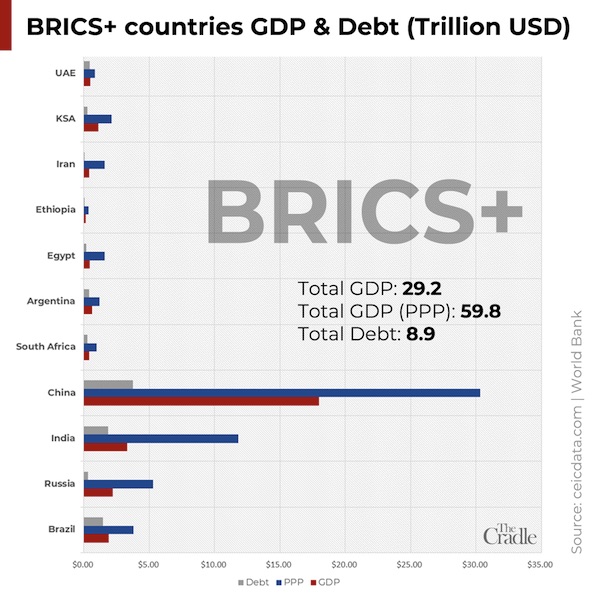
Translation: The collective west may soon lose its power to control global oil prices, and subsequently, the means to enforce its unilateral sanctions. A Saudi Arabia directly aligned with Russia-China-India-Iran offers a stunning counterpoint to the US-engineered oil crisis in the early 1970s, when Riyadh started wallowing in petrodollars. That represents the next stage of the Russian-initiated and Chinese-finalized rapprochement between Riyadh and Tehran, recently sealed in Beijing. And that’s exactly what the Russia-China strategic leadership always had in mind. This particular diplomatic masterstroke is rife with meaningful details: BRICS 11 enters the fray on the exact same day, January 1, 2024, when Russia assumes the annual presidency of BRICS.
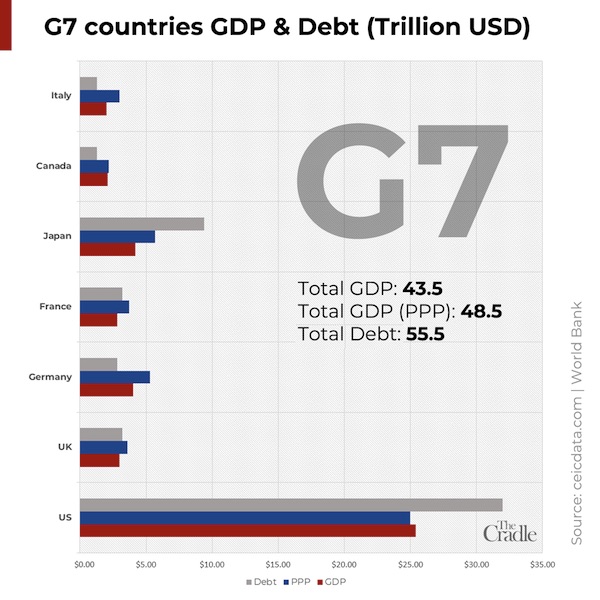
Putin announced that the BRICS 11 summit next year will take place in Kazan, the capital city of Russia’s Tatarstan, which will be yet another blow to the west’s irrational, isolation-and-sanctions policies. Next January, expect further integration of the Global South/Global Majority/Global Globe, including even more radical decisions, conducted by the sanctioned-to-oblivion Russian economy – now, incidentally, the 5th largest in the world by a PPP of over $5 trillion. The G7, for all practical purposes, has now entered an Intensive Care Unit. The G20 may be next. The new “Global Globe” G20 may be the BRICS 11 – and later on the BRICS 20 or even BRICS 40. By then, the petrodollar will also be on life support in the ICU.
[..] Putin went so far as to publicly call on all BRICS 11 to abandon the US dollar and expand trade settlements in national currencies – stressing that BRICS “oppose hegemonies of any kind” and “the exceptional status that some countries aspire to,” not to mention “a policy of continued neo-colonialism.” Importantly, as much as the Chinese Belt and Road Initiative (BRI) is celebrating its 10th anniversary next month, Putin drove home the necessity to: “…establish a permanent BRICS transport commission, which would deal not only with the North-South project [referring to the INTSC transportation corridor, whose key BRICS members are Russia, Iran and India], but also on a broader scale with the development of logistics and transport corridors, interregional and global.”

The BRICS must use gold.
• Gold Will Destroy The Keynesian Fallacies (Barron)
Introducing gold into the trading system will expose the main fallacy of Keynesian economics; i.e., the elevation of aggregate demand to prominence in a nation’s economy rather than production. Keynes shunned Say’s Law of Markets in his General Theory of Employment, Interest and Money in order to hide his theory’s internal contradictions. As put succinctly by Emile Woolf, “Keynes endows the concept of ‘aggregate demand’ with god-like status while disregarding ‘production’-the only means of satisfying it.” Jean-Baptiste Say shows that production is required in order to enjoy the benefits of consumption.
On the face of it, it is hard to believe that anyone would believe that production either isn’t required for consumption or that it magically appears. Yet, this rather upside down theory appealed to politicians for obvious reasons; i.e., it gave them carte blanche to spend, all with money created out of thin air by the central bank. Rather than economize and prioritize spending that was absolutely necessary for the benefit of the entire nation, politicians were told by Keynes that it was their duty to spend if only to pay people to dig holes and others to fill them up.
The new international trade settlement system will require settlement in gold. A possible mechanism has been outlined by Alasdair Macleod of Goldmoney.com. The benefits of the new system will become obvious to every nation, not just the current BRICS members. The political benefits are that no one nation can control or manipulate the system for its unearned benefit. The economic benefits are that government spending will be minimized so that resources can be allocated to production rather than state aggrandizement. A member can expand imports only by expanding exports. This puts market pressure on member governments to reform their internal economies in order to increase production. To artificially increasing demand, per Keynesian orthodoxy, would be counterproductive, because gold would drain from the nation’s gold settlement account and imports would be suspended.
Therefore, the system encourages sound economic practices within its members’ individual economies. Printing money, excessive and unnecessary regulations, excessive taxation, and excessive government spending do nothing to aid a member’s ability to engage in trade. Nations like the US who have huge welfare obligations and who have politically connected industries that do not add to the nation’s capital base will struggle. Having lots of nuclear weapons will be irrelevant and having bases around the world will be liabilities rather than assets. An important point made by Macleod is that over time the gold settlement system for international trade will expand into members’ internal monetary systems. In other words, fiat currencies, which can be inflated/debased by governments, will be thrown on the ash heap of history. They will become “barbarous relics” instead of gold, as Keynes predicted in 1924.

Haiti 2.0 or the White House?
• Do Clintons Seek to Steal Thunder From Team Biden & Cash in on Ukraine? (Sp.)
The Clinton Global Initiative (CGI) gathering scheduled for September is expected to bring together corporate leaders, Hollywood stars, and other celebrities with the aim to “address climate change, health care issues, gender-based violence, the war in Ukraine and a host of other issues.” The timing of the Clintons’ September gathering hints at two probabilities: first, they are showcasing their talents just as Democrats need to find viable candidates to replace Biden; second, they may be salivating over a potentially mammoth rebuilding package in Ukraine, as Wall Street analyst Charles Ortel told Sputnik. What is the Clinton Global Initiative? In March 2022, the Clintons revived the CGI, which has long been suspected of being a vehicle for “pay-to-play” schemes by Bill and Hillary Clinton and personal enrichment of the political dynasty.
“For decades, the elder Clintons have not been able to resist milking purported charities for personal and political gain. A vivid example – ‘Clinton Global Initiative’ – was born in 2004 just around the time the Little Rock Presidential Center was opened to the public,” Ortel, who has been investigating the Clintons’ charities for around eight years, told Sputnik. “The initial concept of having a grand, closed to the public, confab in New York, around the time of the UN Annual Meeting was actually inspired in principle, but grievously flawed in practice. Gathering globalists around world leaders and glitterati might have given rise to great philanthropy, had the Clintons and their advisors bothered to follow the laws and regulations in New York state and city pertaining to charities and to soliciting donations, but the parent Clinton Foundation and CGI thumbed their noses at these strict rules.”
In his articles and interviews with various media outlets, Ortel has repeatedly drawn attention to obvious discrepancies in founding documents and financial records of the Clinton Foundation and its numerous offshoots. Per the Wall Street analyst, the Clintons were not just cutting corners: these errors and omissions could hint at nothing short of fraud and influence peddling by the famous political dynasty. Remarkably, two forensic investigators-turned-whistleblowers, John Moynihan and Larry Doyle, who have been carrying out their own inquiry into the Clinton Foundation in parallel with Ortel, came to similar conclusions. On December 13, 2018, Doyle and Moynihan testified before the House Oversight and Government Reform Committee, suggesting that the Clinton Foundation owes the US government between $400 million and $2.5 billion in taxes.
According to the forensic investigators, the charity does not operate as a tax-exempt 501(c)(3) organization, but acts as a foreign agent. As such, the foundation should have registered under FARA (Foreign Agents Registration Act), which it never did. Both Ortel and the Clinton Foundation whistleblowers Doyle and Moynihan suspect the Clintons of engaging in a pay-to-play game with foreign governments and tycoons, something which the Biden family has also been accused of by GOP congressional investigators. “When you check public filings in New York state, you will see that neither the parent nor CGI bothered to register using legal or ‘doing business as’ names by 2005, validly explaining the tax-exempt purposes or results of CGI,” said Ortel. “Yet, tens of millions of dollars were raised for CGI for meetings in 2005 through 2008, including one in Hong Kong in 2008, just after Barack Obama’s selection of Hillary Clinton to serve as Secretary of State.
[..] “Then, in 2009, Bill Clinton and his advisors allowed a false and materially misleading application for tax exemption to be filed with the IRS for ‘Clinton Global Initiative, Inc.’ Unlike filings by conservatives before Lois Lerner’s IRS Department, the CGI filing, utterly false as it was, sailed through with swift approval,” the Wall Street analyst continued. Ortel highlighted that during Hillary’s tenure as secretary of state and through the 2015/2016 election cycle, “CGI went from strength to strength.” However, when Hillary lost the presidential race, support for CGI and for the parent and affiliates dried up, the analyst noted. “Now, with Biden stumbling and in deep trouble for much smaller pay to play schemes, the Clintons seem to be showcasing their talents just as Democrats need to find viable candidates to replace Biden and his inept Vice President [Kamala Harris],” said Ortel.

Even before mentioning vaccine injuries.
• Hundreds of US Airline Pilots Suspected of Being Unfit to Fly (Sp.)
About 600 US pilots licensed to operate passenger flights are under investigation for lying about their medical records, US press reported Sunday, citing officials and internal records. The Federal Aviation Administration (FAA) has been looking into 4,800 former military veterans turned airline and commercial pilots who might have submitted “incorrect or false information” as part of their medical applications, FAA spokesman Matthew Lehner admitted in a comment to the daily. The pilots were red-flagged after investigators at the Department of Veterans Affairs cross-checked federal databases to discover aviators who were receiving veteran benefits for mental health disorders and other serious conditions, while hiding their true medical history from the FAA in order to continue flying.
While the FAA relies on screening to identify safety risks, the tests are often cursory and pilots are expected to self-report conditions that can otherwise be difficult to detect, such as depression or post-traumatic stress, The Washington Post cited physicians who conduct the exams as saying. Officials told the newspaper they suspected many of the pilots under investigation of being either too sick to fly or defrauding taxpayers by exaggerating their disabilities to claim bigger benefits. The FAA disbursed $3.6 million starting last year to run additional tests on thousands of pilots deemed “potential risks.”





Geologist, Prof. Ian Plimer: “No one has ever shown that human emissions of carbon dioxide drive global warming… You would have to show that the 97% of emissions which are natural, do not drive global warming. Game over. We are dealing with a fraud.”pic.twitter.com/0pMmZHgqJK
— Dr. Eli David (@DrEliDavid) August 27, 2023

Goat
https://twitter.com/i/status/1695535072990855614

Ringtone
https://twitter.com/i/status/1695896301873856835

Support the Automatic Earth in wartime with Paypal, Bitcoin and Patreon.







